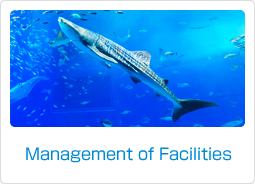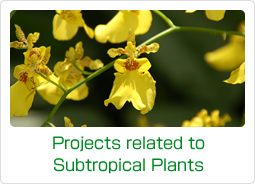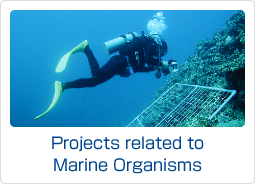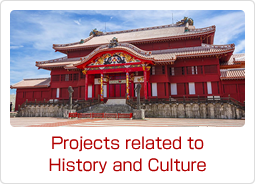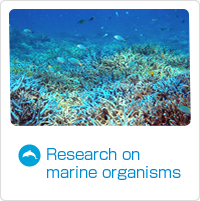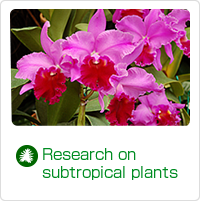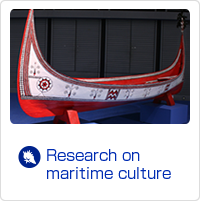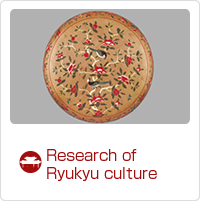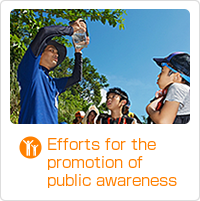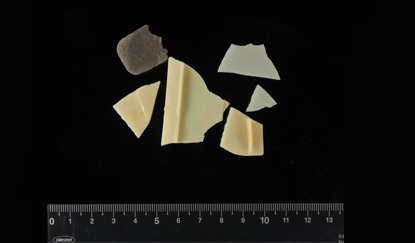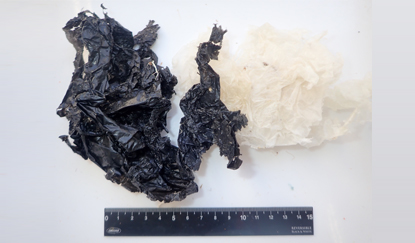- Home
- Okinawa Churashima Foundation Research Institute
- Studies of Marine Animals
- Research activity report
- Paper published on evaluation of Marine Debris Ingestion in Sea Turtles around Okinawa Island.

Research on marine organisms
Paper published on evaluation of Marine Debris Ingestion in Sea Turtles around Okinawa Island.
Marine debris is a global problem and has been shown to affect many marine animals. Okinawa Churaumi Aquarium managed by the Okinawa Churaumi Foundation dissected the gastrointestinal tracts of 484 stranded, dead sea turtles from 1990 to 2019 to determine the extent of marine debris ingestion by sea turtles around Okinawa Island, through analysis of frequency and type of marine debris ingested.
As a result, 15% of the green turtles, 29% of the hawksbill turtles, and 24% of the loggerhead turtles ingested marine debris. In particular, as a result of comparison with previous reports on green turtles from various parts of Japan, it was found that the rate of marine debris ingested by green turtles tends to be relatively high in the north. By type of marine debris, green turtles showed a high frequency of plastic, ropes, and fishing lines, while hawksbill turtles and loggerhead turtles tended to have a high frequency of plastic pieces.
The Okinawa Churaumi Aquarium will continue to accumulate data to deepen scientific understanding of the effects of marine debris on sea turtles and contribute to the elucidation and conservation of sea turtle ecology.
Authors
Takahide Sasai, Masakatsu Kino, Kei Miyamoto, Haruna Okabe, Konomi Maeda, Shingo Fukada, Ken Maeda, Nozomi Kobayashi, Takahiro Kobuchi, Masae Makabe, Isao Kawazu (Bold letters: Staff members of Okinawa Churashima Foundation)
Title
Evaluation of Marine Debris Ingestion in Sea Turtles around Okinawa Island, Japan.
Journal
Marine Turtle Newsletter
Copyright (c) 2015 Okinawa Churashima Foundation. All right reserved.













